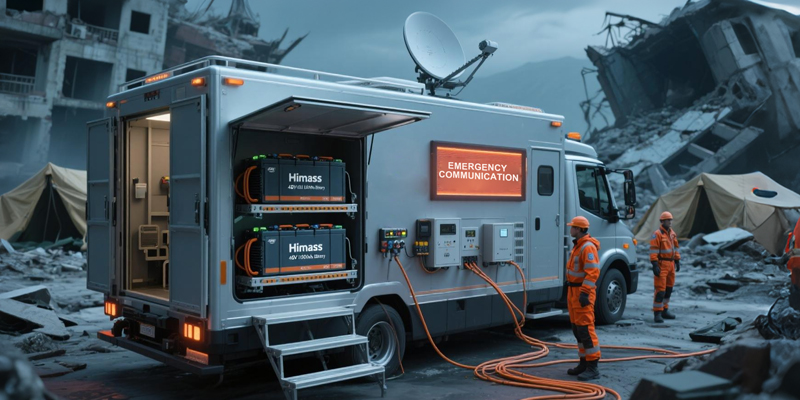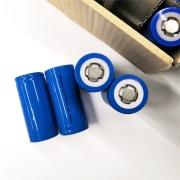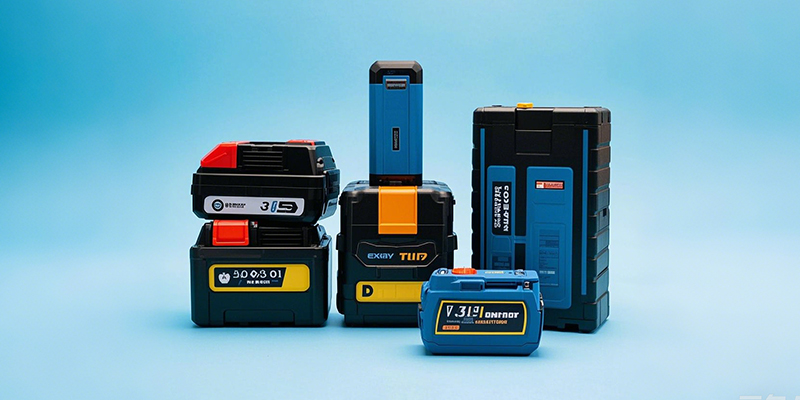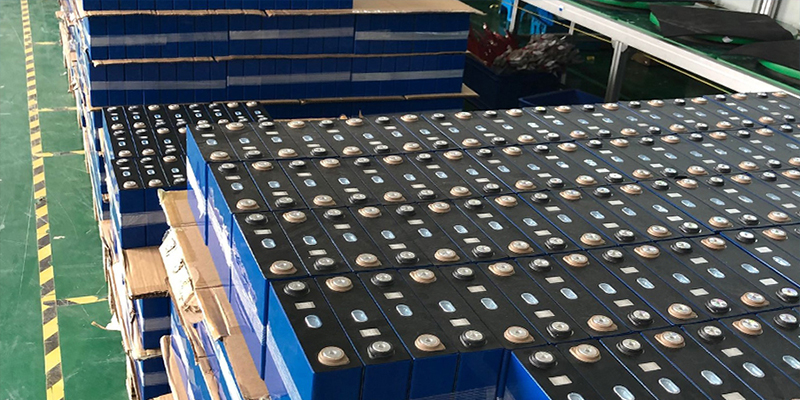Can LiFePO4 Battery Chargers Charge Lithium-Ion Batteries? | HIMAX Electronics Insights
At HIMAX Electronics, we often get asked about the compatibility between different battery technologies, especially when it comes to charging. A frequent question that arises is whether LiFePO4 (Lithium Iron Phosphate) battery chargers can safely charge Lithium-Ion (Li-ion) batteries. In this article, we will explore this important topic, explaining the fundamental differences between the two types of batteries and why using the wrong charger can be risky.
Understanding LiFePO4 and Lithium-Ion Batteries
Before diving into the charging compatibility, it’s essential to understand the differences between LiFePO4 batteries and lithium-ion batteries. Both are types of lithium-based batteries, but their chemistry and characteristics are quite different.
-
LiFePO4 Batteries:
LiFePO4 is a specific type of lithium battery known for its stability, longer cycle life, and safety.
These batteries typically have a nominal voltage of 3.2V per cell and are used in applications like electric vehicles, solar energy storage, and backup power systems.
LiFePO4 batteries are more thermally stable and less prone to overheating or thermal runaway compared to traditional lithium-ion batteries.

-
Lithium-Ion (Li-ion) Batteries:
Li-ion batteries are one of the most commonly used types of rechargeable batteries, found in everything from smartphones to electric vehicles.
These batteries typically have a nominal voltage of 3.6V to 3.7V per cell.
They are known for their high energy density, lighter weight, and ability to handle high discharge rates, making them ideal for applications like robotics, electric bikes, and high-power electronics.
Why LiFePO4 Chargers Can’t Charge Lithium-Ion Batteries (and Vice Versa)
While LiFePO4 and lithium-ion batteries are both lithium-based chemistries, their charging requirements differ significantly. Here’s why LiFePO4 chargers should not be used to charge Li-ion batteries:
-
Voltage Differences:
One of the most important factors in battery charging is voltage compatibility. A LiFePO4 battery operates at a nominal voltage of 3.2V, whereas a typical lithium-ion battery operates at a nominal voltage of 3.6V–3.7V. This difference in voltage means that using a LiFePO4 charger to charge a lithium-ion battery may not provide the necessary voltage, resulting in undercharging or inefficient charging.
-
Charging Profiles and Algorithms:
LiFePO4 batteries require a different charging profile compared to lithium-ion batteries. LiFePO4 charging typically involves a constant current followed by a constant voltage phase, with a slightly different cutoff voltage than lithium-ion batteries.
Lithium-ion batteries, on the other hand, have a different cutoff voltage (usually 4.2V per cell) and a specific charging algorithm that is optimized for higher energy density and performance. HIMAX Electronics focuses on providing optimized charging systems for lithium-ion batteries to ensure they are charged safely and efficiently.
-
Battery Management System (BMS) Compatibility:
Both types of batteries require a Battery Management System (BMS) to monitor charging and discharging cycles, but the BMS for LiFePO4 batteries is specifically designed to handle the characteristics of LiFePO4 chemistry, including different voltage levels and temperature profiles. Using the wrong charger may lead to charging failures or even battery damage.
HIMAX Electronics offers smart BMS solutions for lithium-ion batteries, ensuring that batteries are charged according to their unique requirements, preventing overcharging, overheating, and other potential hazards.
-
Safety Concerns:
Both lithium-ion and LiFePO4 batteries are relatively safe when charged properly, but using the wrong charger can result in overcharging, thermal runaway, or fire hazards. Charging a lithium-ion battery with a LiFePO4 charger could compromise safety due to mismatched voltage and current control.
What to Use Instead: Proper Chargers for LiFePO4 and Lithium-Ion Batteries
At HIMAX Electronics, we strongly recommend always using a charger specifically designed for the battery chemistry you are working with. Here are some key reasons to choose the right charger:
- Lithium-Ion Chargers:Ensure that your high-performance lithium-ion batteries—whether for robotics, electric vehicles, or other applications—are charged safely with the correct charging algorithm and BMS support.
- LiFePO4 Chargers:Use LiFePO4-specific chargers for these batteries to guarantee compatibility and optimal charging performance, especially for energy storage systems and electric vehicles.
- Quality Assurance:HIMAX Electronics offers a wide range of chargers designed for both lithium-ion and LiFePO4 batteries, with features like overcharge protection, thermal regulation, and efficient charge cycles to maximize battery lifespan and performance.
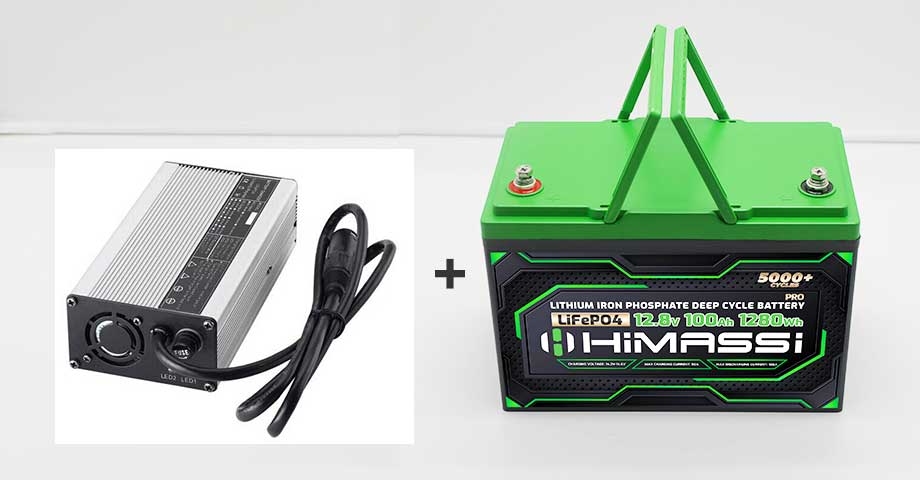
Conclusion: Choose the Right Charger for Your Battery Type
In conclusion, LiFePO4 chargers are not compatible with lithium-ion batteries. The differences in voltage, charging profiles, and safety requirements mean that using a charger designed for the wrong type of battery can lead to inefficiency, damage, and safety risks. At HIMAX Electronics, we prioritize battery safety and performance by providing tailored chargers for lithium-ion and LiFePO4 batteries, ensuring that your systems run smoothly and efficiently.
For all your battery and charger needs, visit HIMAX Electronics today and explore our high-quality lithium-ion chargers, LiFePO4 chargers, and other related products designed to meet the demands of your specific applications.

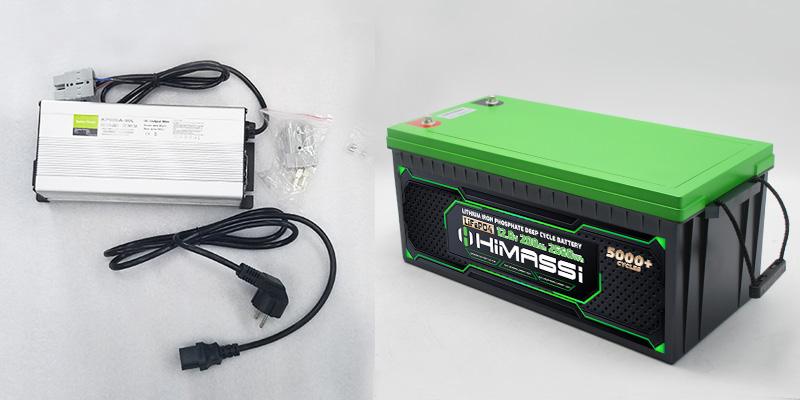
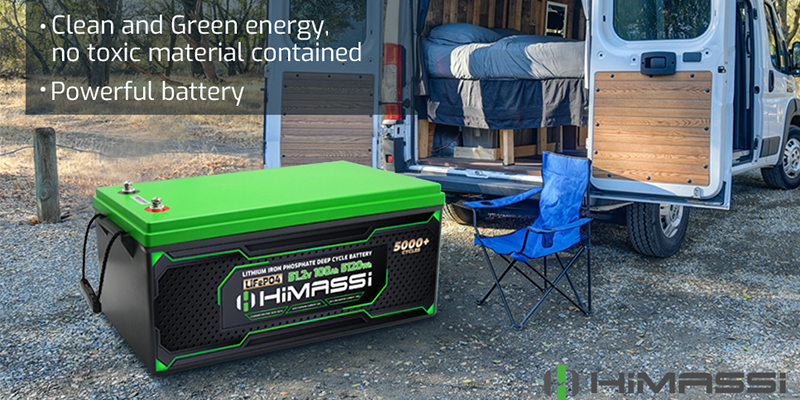
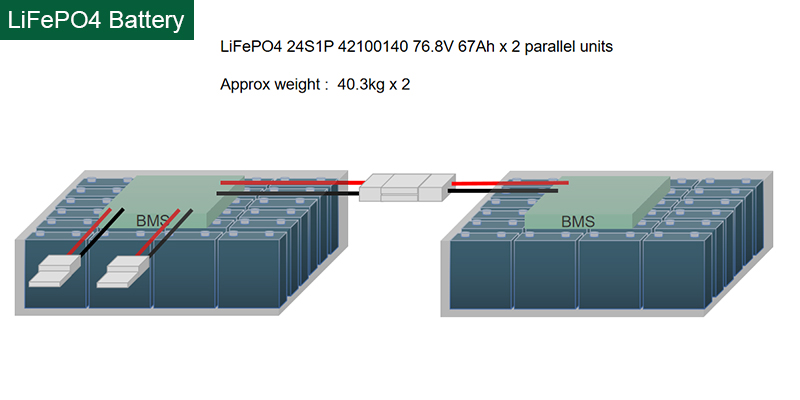
-180x180.png)
